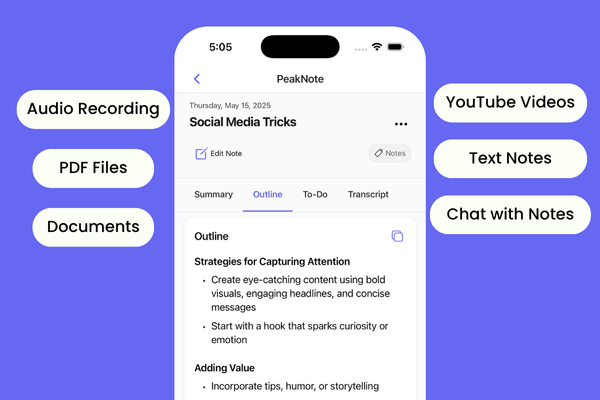Google is an invaluable resource for programmers. Not only can it provide access to a wealth of information, but it can also help programmers find and share ideas, learn about new technologies, and stay up to date with industry trends.
Additionally, many programming-related tasks, such as debugging, can be made easier and faster by utilizing Google's powerful search capabilities.
Here are the 7 tips to help you to 10X your productivity as a programmer.
1. Search for an exact match with quoted keywords.
When searching for programming information, enclosing keywords in quotes is a way to search for an exact match of those keywords. For example, let's say you are looking for information about async/await in javascript
You could use the following search query:
“async/await in javascript”

2. Use the minus sign (-) to exclude keywords
The minus sign (-) can be used to exclude specific keywords from a search query in Google. This can be useful in programming when you want to narrow down the search results to exclude irrelevant information.
For example, let's say you're looking for variable scope information in programming and exclude other programming languages like Python and PHP, you can use the following query.
"What is variable scope" -Python -PHP

3. Search within a specific website using "keyword site:domain"
The "site:" operator in Google allows you to search within a specific website, helping you to focus your search results on a particular domain.
The following search query will help you find information about the variable scope on Medium Blog:
"variable scope" site:medium.com

4. Find related websites with "related:domain"
The "related:" operator in Google can help you find websites related to a specific website, providing you with a wider range of resources and information on a particular topic.
For example, let's say you're looking for additional information or resources on a programming topic that is not covered in detail on the Udemy.com website. You can use the "related:" operator to find other websites related to Udemy.com that might provide more information.
The following search query will help you find websites related to the Udemy.com website:
related:udemy.com

5. Find pages linking to a URL with "link:URL"
The "link:" operator in Google can be useful for programmers in finding pages that link to a specific URL.
For instance, if you have a website and want to know which other websites are linking to it, you can perform a Google search using the query "link:example.com" (where "example.com" is the URL of the website).
This information can be useful for a variety of purposes, such as assessing the credibility and authority of a website, researching competitors' backlinks, and understanding their online presence and marketing strategies.
Let's check the example,
"link:example.com"

6. Use "define:" in Google to find definitions of words.
The "define:" operator in Google allows you to search for definitions of words.
For example, if you want to find the definition of the word “class” you would perform a Google search using the following query:
Define:class
This search query will show you the definition of the word “class,” along with other relevant information, such as synonyms, examples of usage, and related words.

7. Use "filetype:" operator in Google to find specific file types
Use the "filetype:" operator in Google to search for specific file types, like PDFs. For example, if you're looking for a JavaScript PDF book, you could search using the following query:
filetype:pdf JavaScript Tutorial
This will show you a list of PDF files related to "JavaScript Tutorial" making it easier to find what you're looking for in a specific file format.


